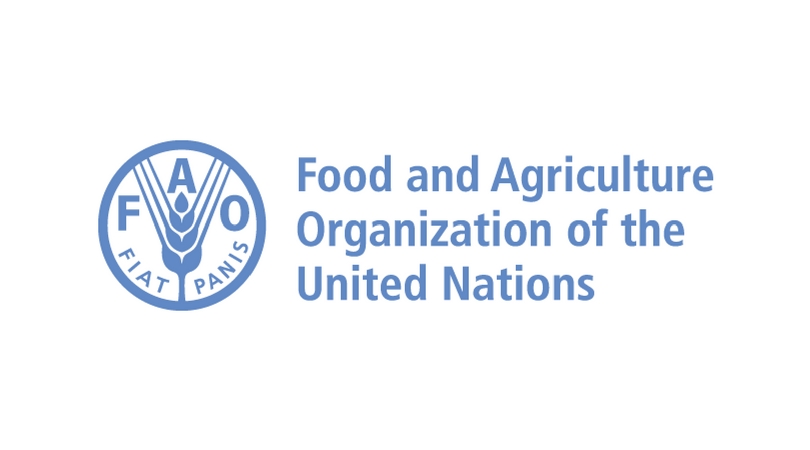FG strengthens mechanism as FAO predicts locust invasion
Following the forecast by the Food and Agricultural Organisation’s (FAO) Desert Locust Information Service (DLIS), which indicated a risk of locust invasion of West Africa from the horn of Africa, the federal government is strengthening the country’s mechanism for pest management. The Minister of Agriculture and Rural Development, Dr Mohammad Mahmood Abubakar, who addressed participants […]

Following the forecast by the Food and Agricultural Organisation’s (FAO) Desert Locust Information Service (DLIS), which indicated a risk of locust invasion of West Africa from the horn of Africa, the federal government is strengthening the country’s mechanism for pest management.
The Minister of Agriculture and Rural Development, Dr Mohammad Mahmood Abubakar, who addressed participants at a one-day capacity building workshop of competent authorities on “Best Practices for the Anticipation and Control of Desert Locust Invasion in West Africa and the Sahel” recently in Abuja, said trans-boundary pests caused major destruction to food production.
Represented by the Chief Veterinary Officer of Nigeria, Dr Olaniran Alabi, the minister said these cross-border pests included desert/other locusts, quelea birds, grasshoppers, fall army worms and tsetse flies, among others.
“This training workshop could not have come at a better time than now, considering the fact that our country is on the verge of diversification of her economy. The need for Nigeria and its neighbors within the African continent to join efforts towards the survey and management of such pests is, therefore, imperative,” the minister said.
The FAO country representative to Nigeria, Mr Fred Kafeero, said desert locust was the world’s largest migratory crop pest capable of leading millions of people into food insecurity if left unchecked.
Represented by the assistant FAO country representative (programme), Abubakar Suleiman, he said, “The FAO, therefore, views with seriousness, the forecast by its DLIS, which indicated a risk of locust invasion of West Africa from the Horn of Africa. The desert locust is the world’s largest migratory crop pest capable of leading millions of people into food insecurity if left unchecked.”
He said FAO would fight against locusts by encouraging “no-regrets’ investments to strengthen countries’ preparedness and anticipatory action to safeguard the livelihood of their people.
